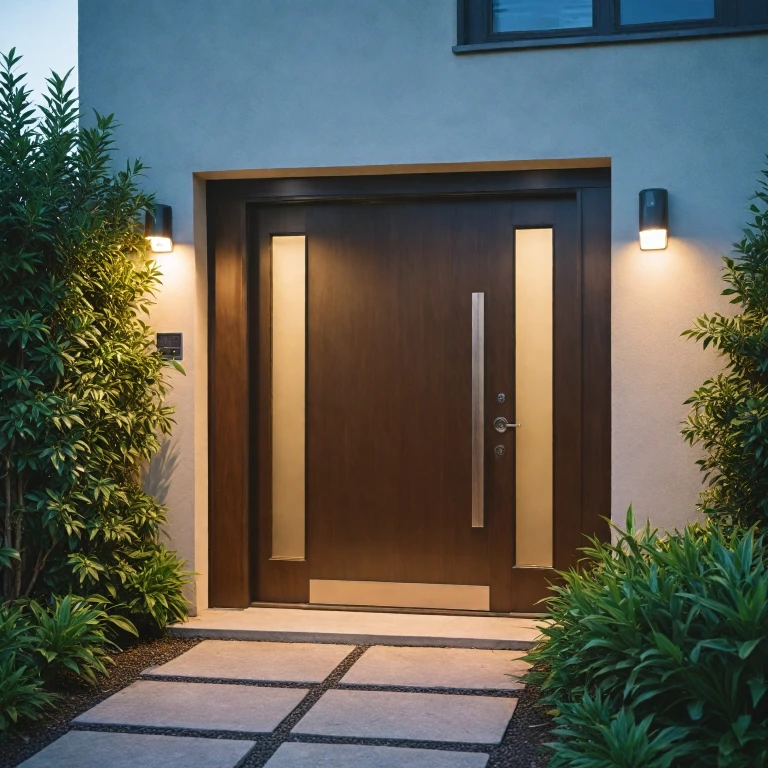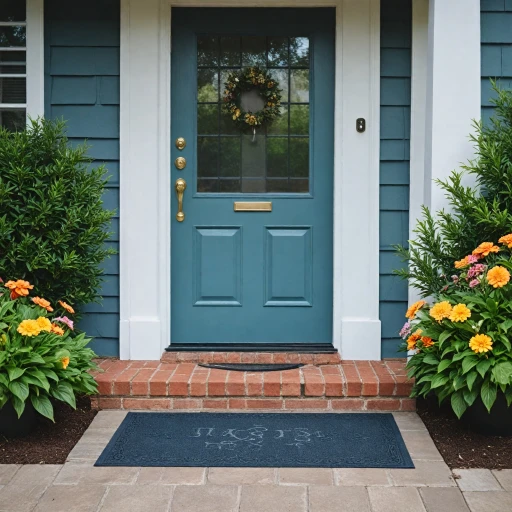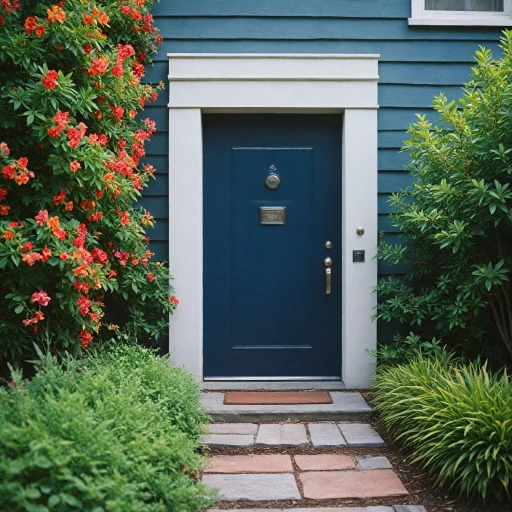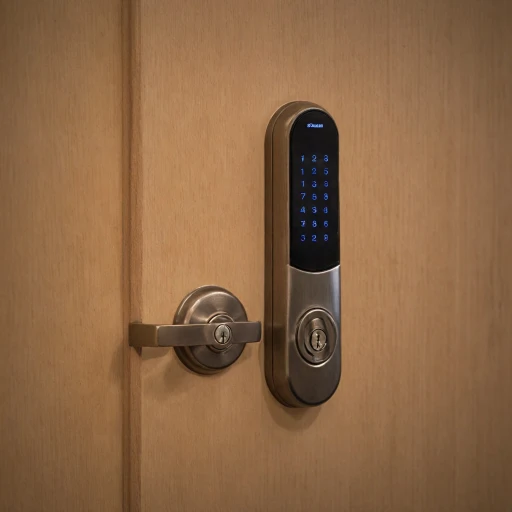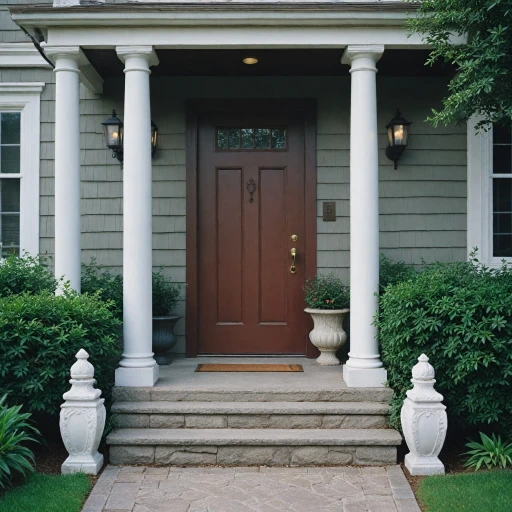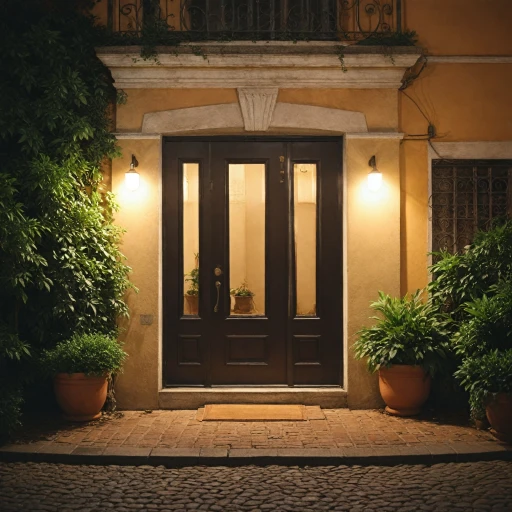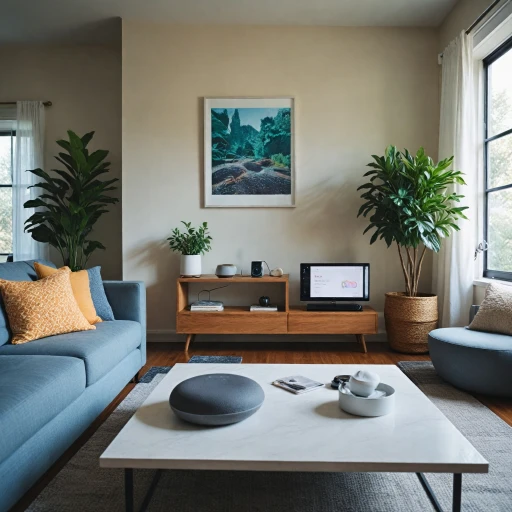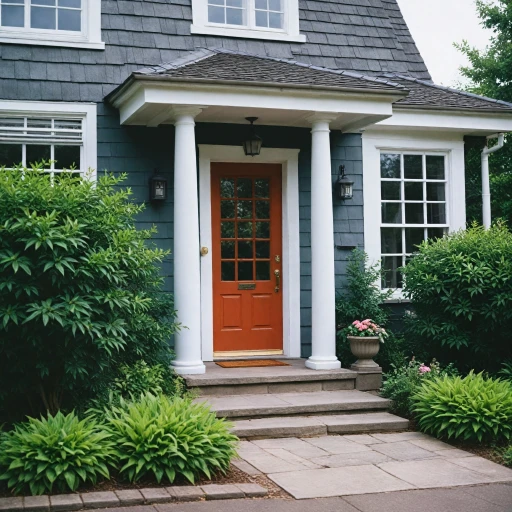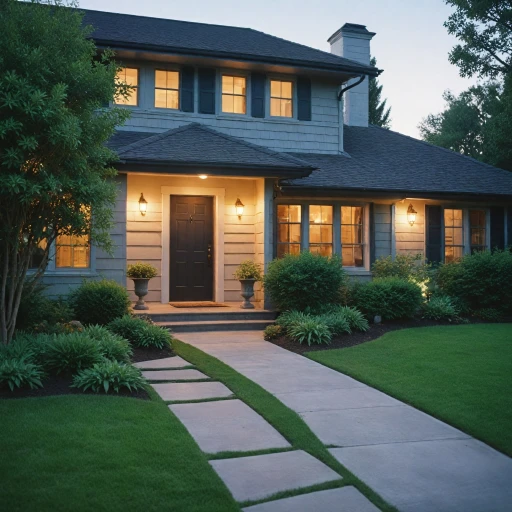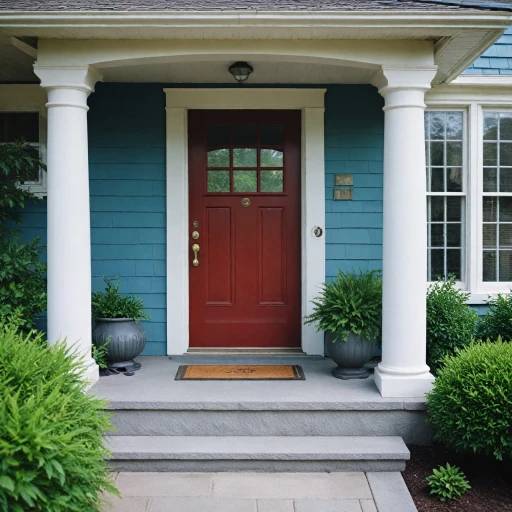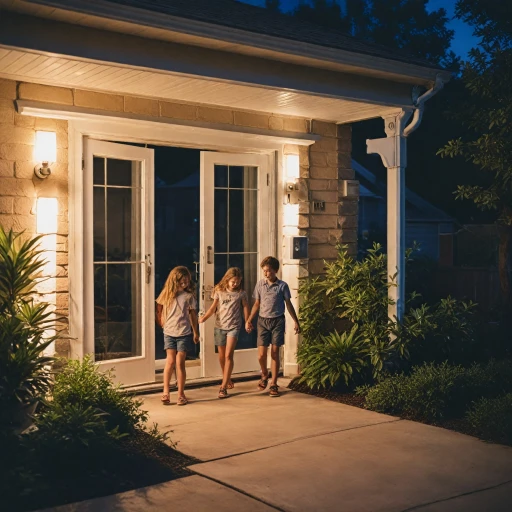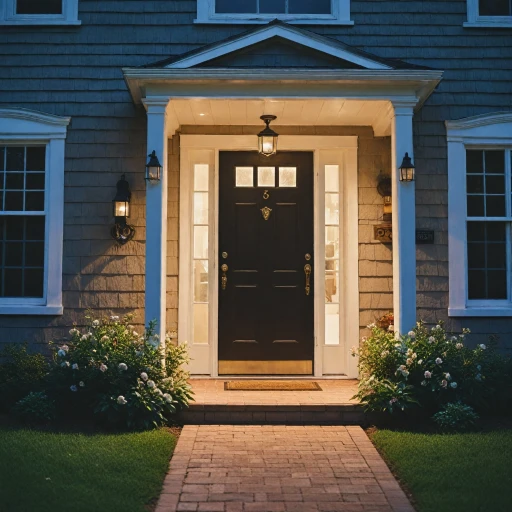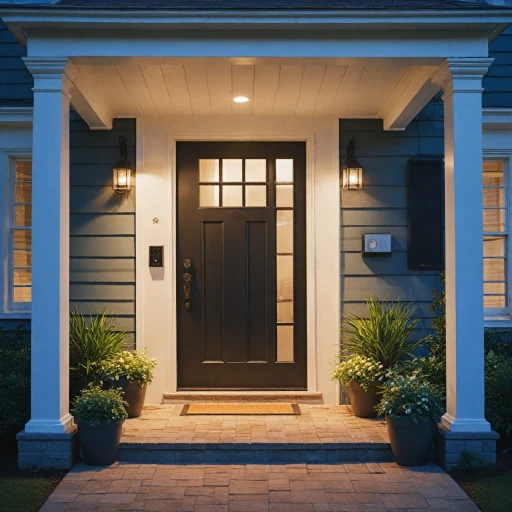
Understanding Smart Doorbells
Exploring the World of Smart Doorbells
Understanding the role of smart doorbells in enhancing home security is essential for anyone looking to upgrade their home's protective measures. Unlike traditional doorbells, smart doorbells offer a seamless integration of technology to provide not only convenience but also improved security at your front door. Smart doorbells come equipped with features like real-time alerts, live video streaming, and two-way audio communication, allowing homeowners to monitor and respond to visitors from virtually anywhere. The integration with apps means users can control access through smartphones and tablets. Popular systems like the yale assure and schlage encode offer compatibility with platforms such as amazon alexa and google assistant, providing voice control options to unlock door features or even set auto lock functionalities. But how do smart doorbells work with smart locks? When connected to a smart lock system—be it the yale approach lock or schlage's advanced systems—they can enable secure, keyless entry to your home. This synergy allows for efficient management of all entry points. The compatibility extends to various door locks, including deadbolts and lock keypad mechanisms, making the transition from traditional keys to a keyless lifestyle smoother. It's also crucial to understand privacy and security concerns associated with these high-tech gadgets. Ensuring your smart door and lock systems are robust against unauthorized access is paramount. Future trends in smart home security are leaning towards biometric verifications like fingerprint recognition, expanding the capabilities of systems like the yale and schlage offerings. For an in-depth analysis of how a smart door lock can further enhance your home security, you can refer to this detailed guide.The Role of Smart Door Locks
The Importance of Keyless Entry Systems
Smart door locks play a pivotal role in enhancing home security by offering numerous advantages over traditional locking mechanisms. One of the key features is the convenience of keyless entry systems that minimize the need for physical keys. With options such as keypad entry, fingerprint recognition, and app-controlled access, homeowners enjoy flexible security solutions tailored to their specific preferences. Modern smart locks, like those offered by Yale Assure and Schlage Encode, provide a seamless integration with existing smart home ecosystems. These devices often support voice control through platforms like Amazon Alexa and Google Assistant, allowing for effortless locks and unlock commands via voice. This offers homeowners an extra layer of convenience and enhances the overall usability of smart home systems.Controlling Access and Security
Smart locks offer advanced access management features, providing homeowners with the ability to grant temporary access to guests or service providers without needing to physically hand over a key. For instance, time-based codes can be created and shared through a dedicated app, ensuring that entry is granted only when it is required. This functionality is particularly appealing for Airbnb hosts or individuals frequently away from home. Moreover, products like the Schlage Encode and Yale Approach locks incorporate auto-lock features that automatically secure the door after a specified time frame, offering peace of mind for those prone to forgetting the traditional deadbolt.Enhancing Security with Real-Time Alerts
Real-time notifications strengthen home security by keeping homeowners informed of activity at their entry doors. With smart locks, users can receive alerts for lock or unlock events directly to a connected smartphone. This feature is especially beneficial for monitoring unauthorized access attempts or ensuring family members safely arrived home. The integration of smart locks with other smart devices, like doorbell cameras, further enhances security by providing visual confirmation when the front door is accessed. This synergy between devices maximizes the protective benefits that technology can offer home environments. For those interested in the deeper exploration of smart door lock features, more detailed information can be found on enhancing home security with smart locks.Key Features to Consider
Essential Features for Choosing a Smart Door Lock
When selecting a smart door lock, there are several key features that you should consider to adequately enhance your home security. Evaluating these aspects will ensure that you choose a lock that suits your needs effectively.- Keyless Entry Options: Not only does a keyless entry offer convenience, but it also adds a layer of security by eliminating the need for physical keys. Locks like the Yale Assure provide both a touchscreen and a keypad for code entry, allowing hassle-free access without traditional keys.
- Smart App Control: Most of today's locks come with an accompanying app that lets you control your lock from wherever you are. This feature is a critical addition, as it allows you to monitor who enters your home and grant access remotely. The Schlage Encode is an excellent example of a lock that syncs with an app for seamless home access management.
- Compatibility with Voice Assistants: Integration with virtual assistants like Amazon Alexa or Google Assistant is another essential feature. This functionality enables you to lock or unlock your entry door using simple voice commands, which increases convenience and user experience.
- Biometric Access: Advanced smart lock models, such as those featuring fingerprint sensors, provide enhanced security with their biometric access capabilities. This feature ensures that only authorized individuals can unlock the door using a recognized fingerprint.
- Auto Lock Capabilities: The auto lock feature is critical for ensuring that your door locks automatically after a set period, adding an extra level of safety. This functionality ensures that your front door remains locked when you're in a hurry or forget to lock it manually.
- Security Protocols: A reliable smart lock should adhere to high security standards, offering encrypted communication and multi-factor authentication. This ensures that your lock remains secure against potential hacks or unauthorized access attempts.
- Durability and Design: Finally, the build quality and aesthetic design are important factors. Smart locks like the Yale Approach and Schlage Encode offer rugged designs that blend well with any home's exterior while ensuring long-lasting performance.
Integration Challenges
The Complexities of Seamless Integration
Smart doorbells and smart locks offer a wealth of benefits, but achieving seamless integration can be challenging. While manufacturers like Yale, Schlage, and Assure Lock design their products with compatibility in mind, users often encounter hurdles when attempting to sync these devices with various platforms.
The key to overcoming these challenges lies in understanding the infrastructure of your smart home. Integration often involves syncing with apps like Yale Assure or Schlage Encode, or connecting through digital assistants such as Alexa or Google Assistant. Ensuring these systems communicate effectively with each other can require both patience and technical knowledge.
To minimize potential obstacles, start by checking the compatibility of your smart door lock system with your home network and other smart devices. This is particularly relevant for those utilizing keyless entry systems or seeking to unlock their doors remotely via apps. Pay attention to brands and their partnerships; for instance, a Yale lock might integrate more readily with certain ecosystems compared to others.
If you're aiming for a frictionless setup, prioritize products that support auto-lock and fingerprint technologies, as these add layers of convenience and security to your front door. However, remember that an overly complex integration process can frustrate users and reduce the efficiency of your smart lock systems.
Utilizing online communities and customer support systems can provide valuable insights and facilitate a smoother integration experience. Moreover, staying informed about updates from platforms like Amazon Alexa or Google Assistant can keep your smart home ecosystem running optimally.

